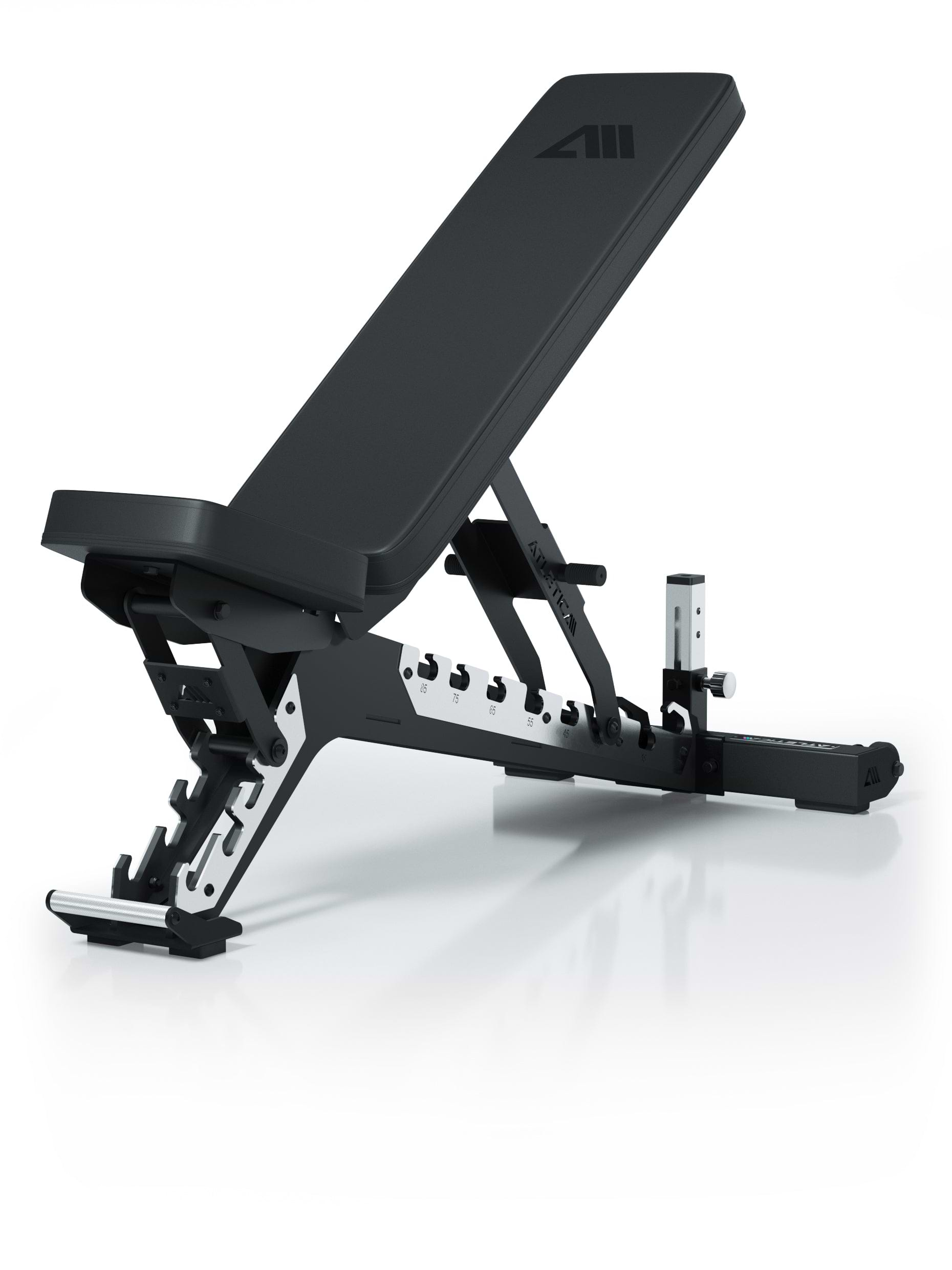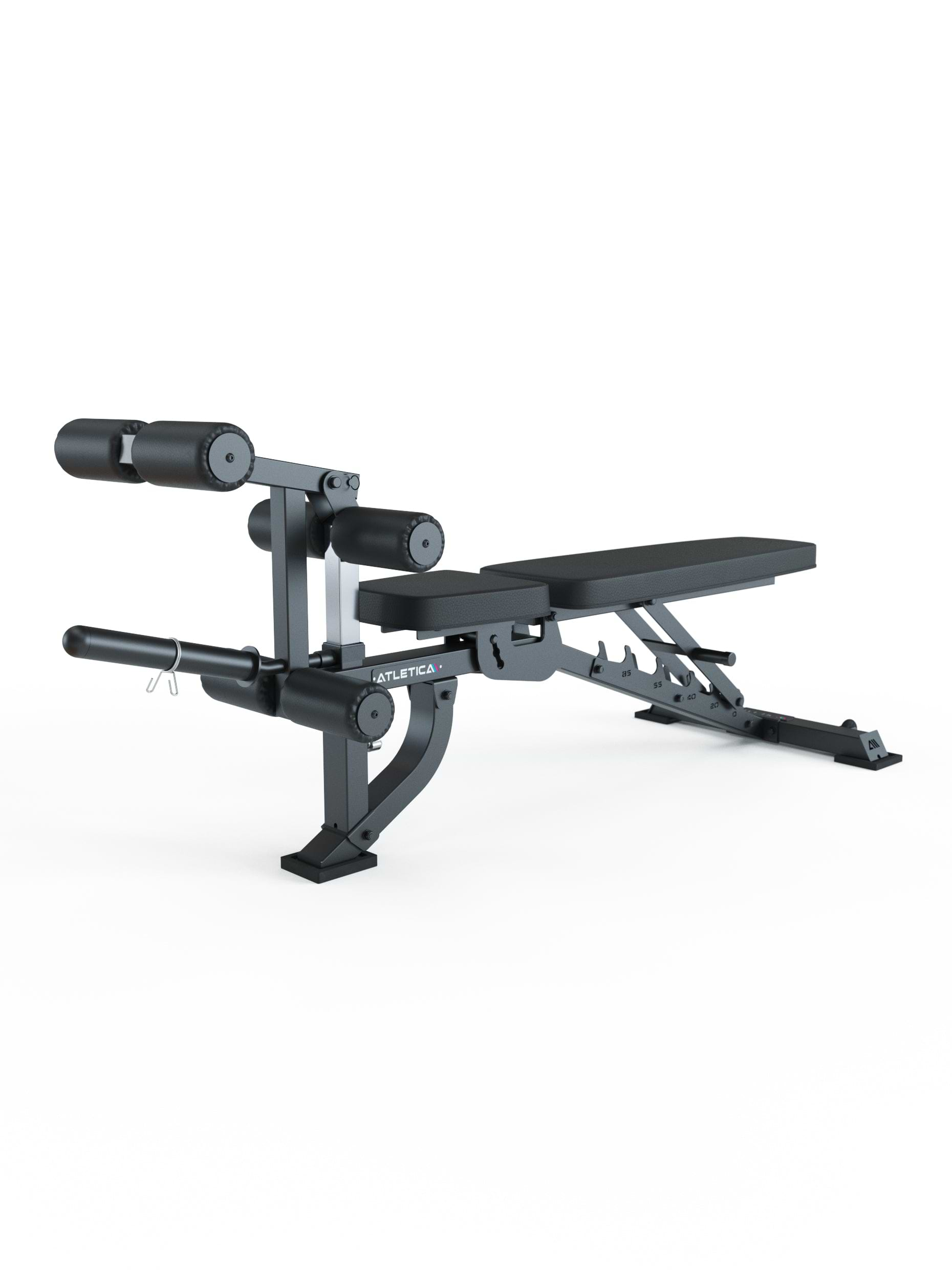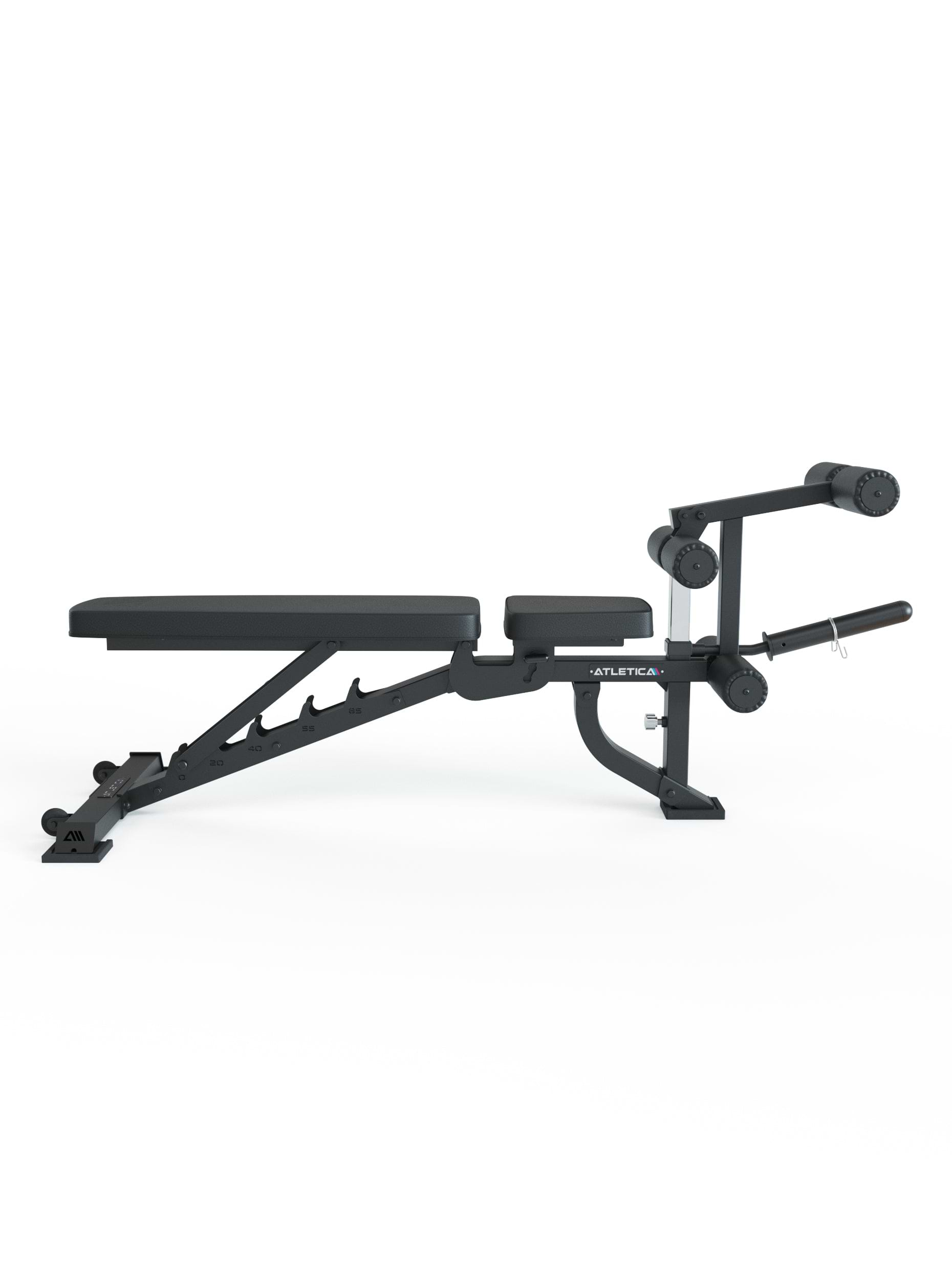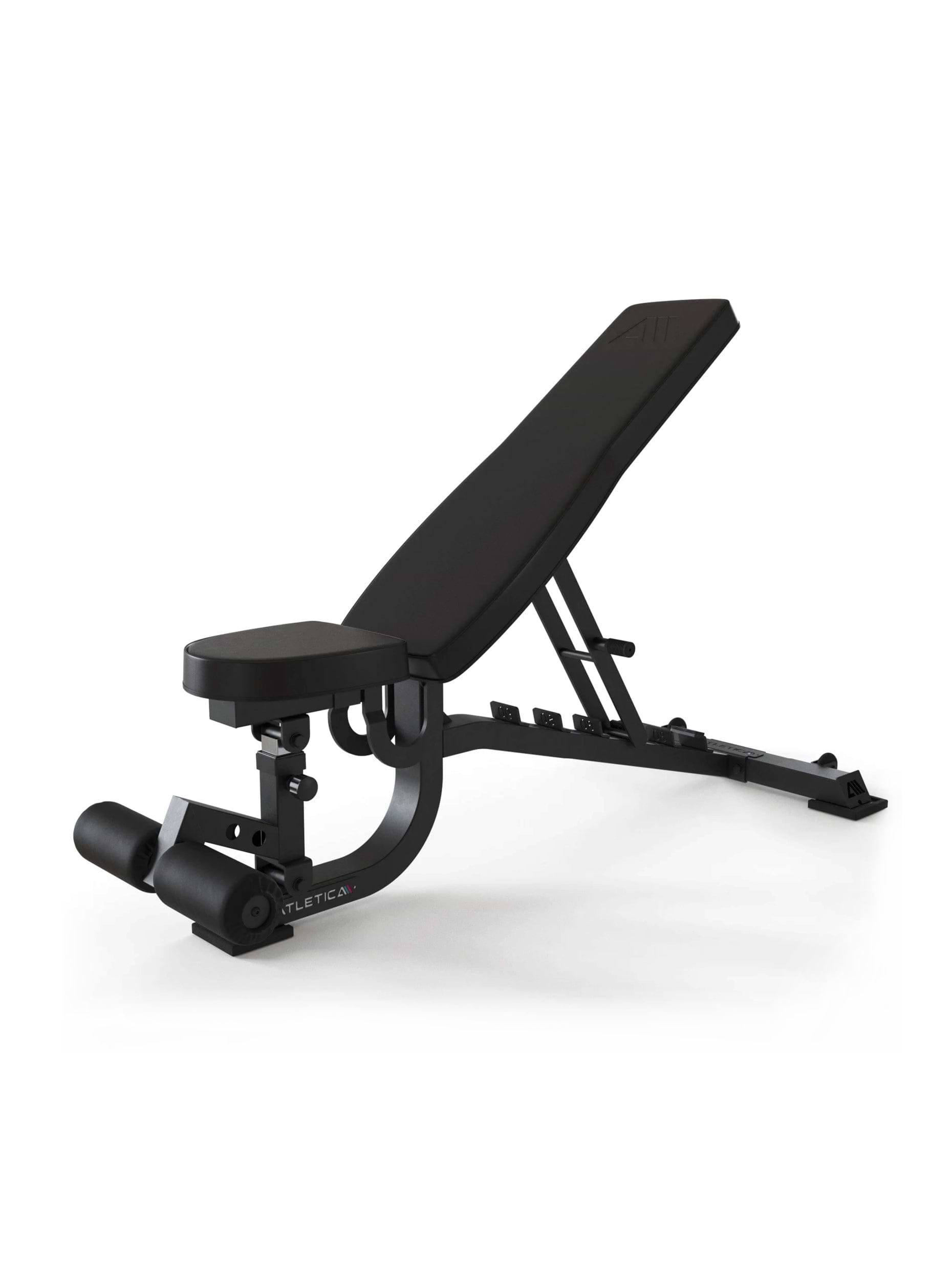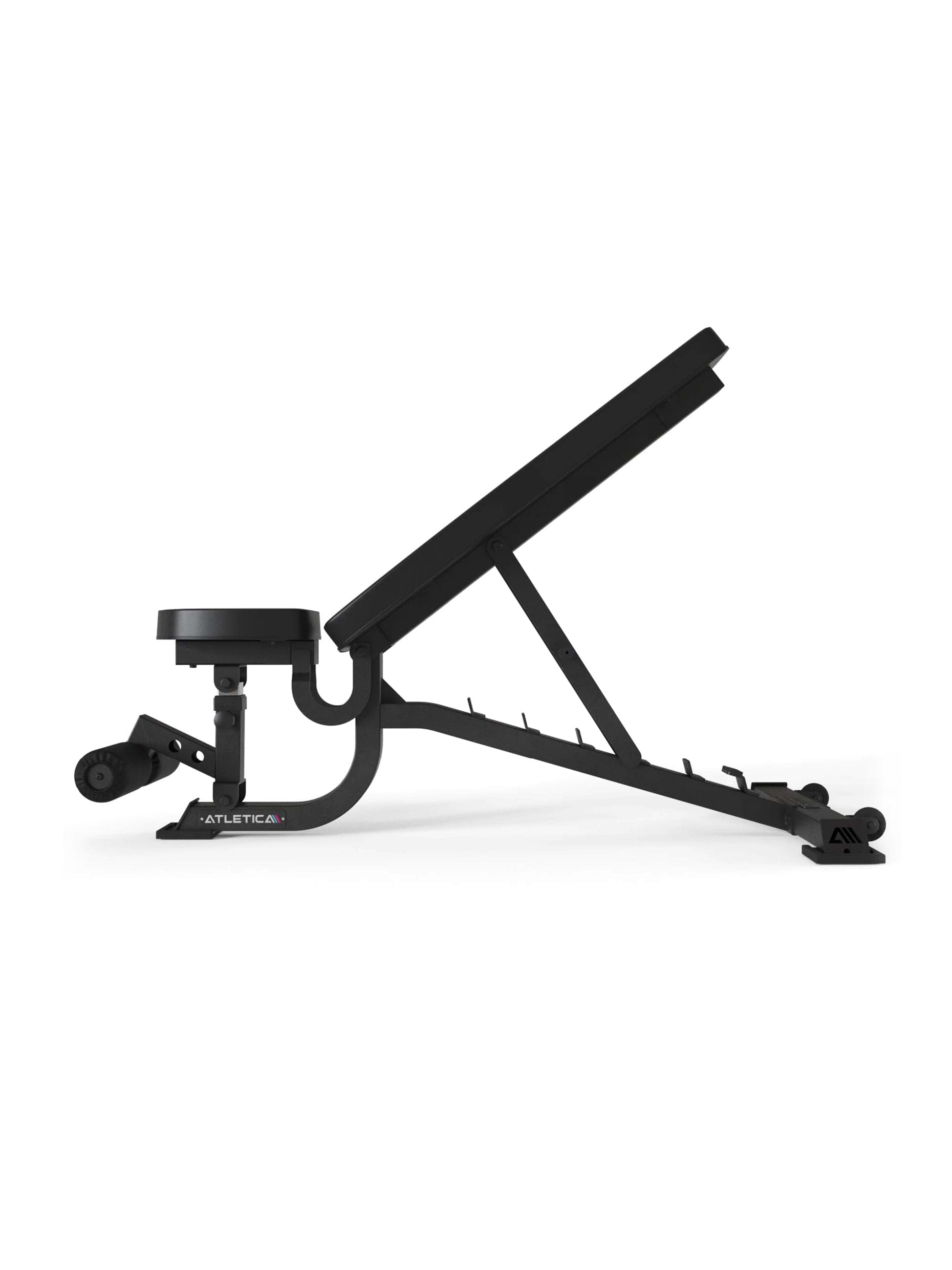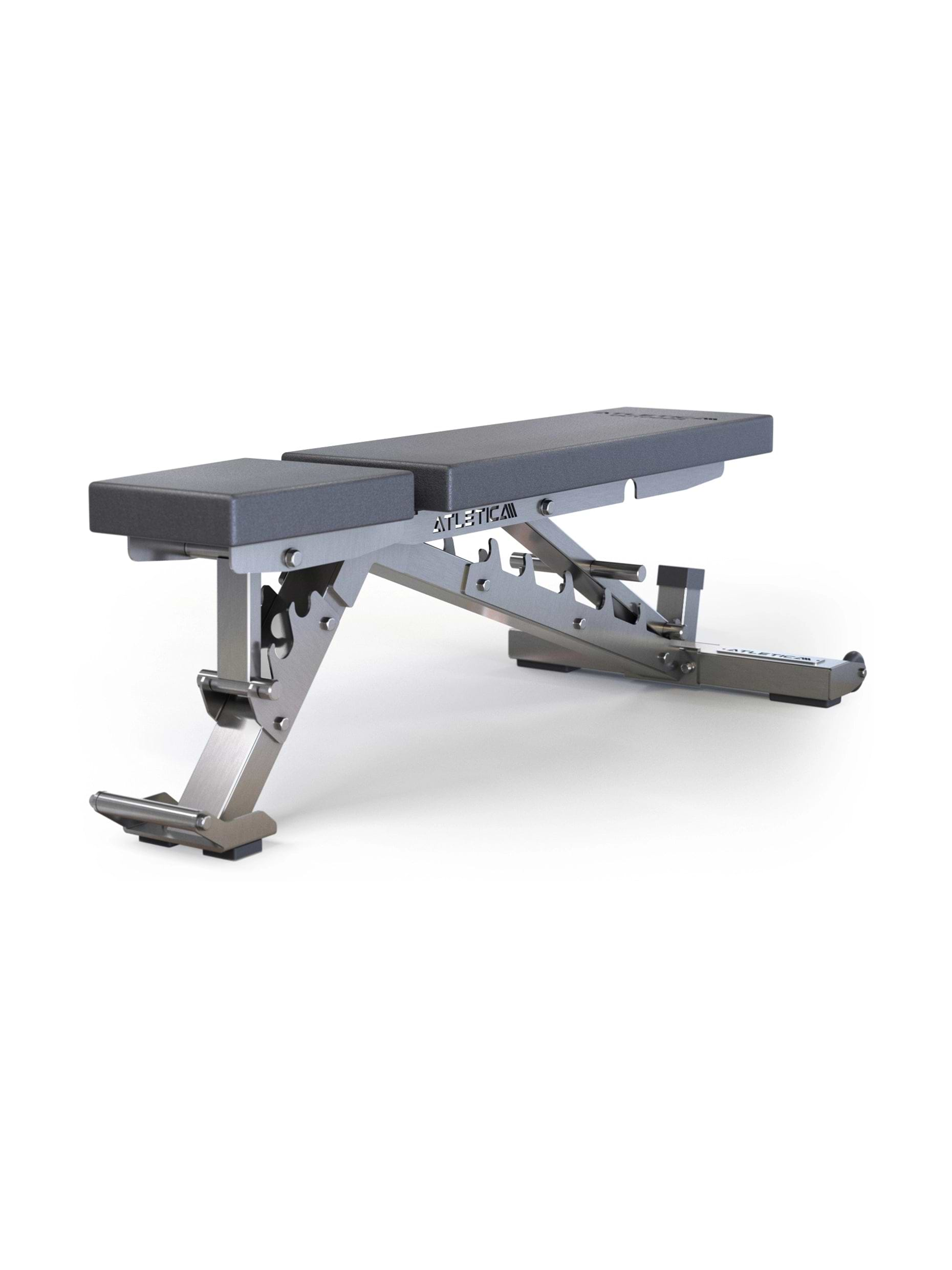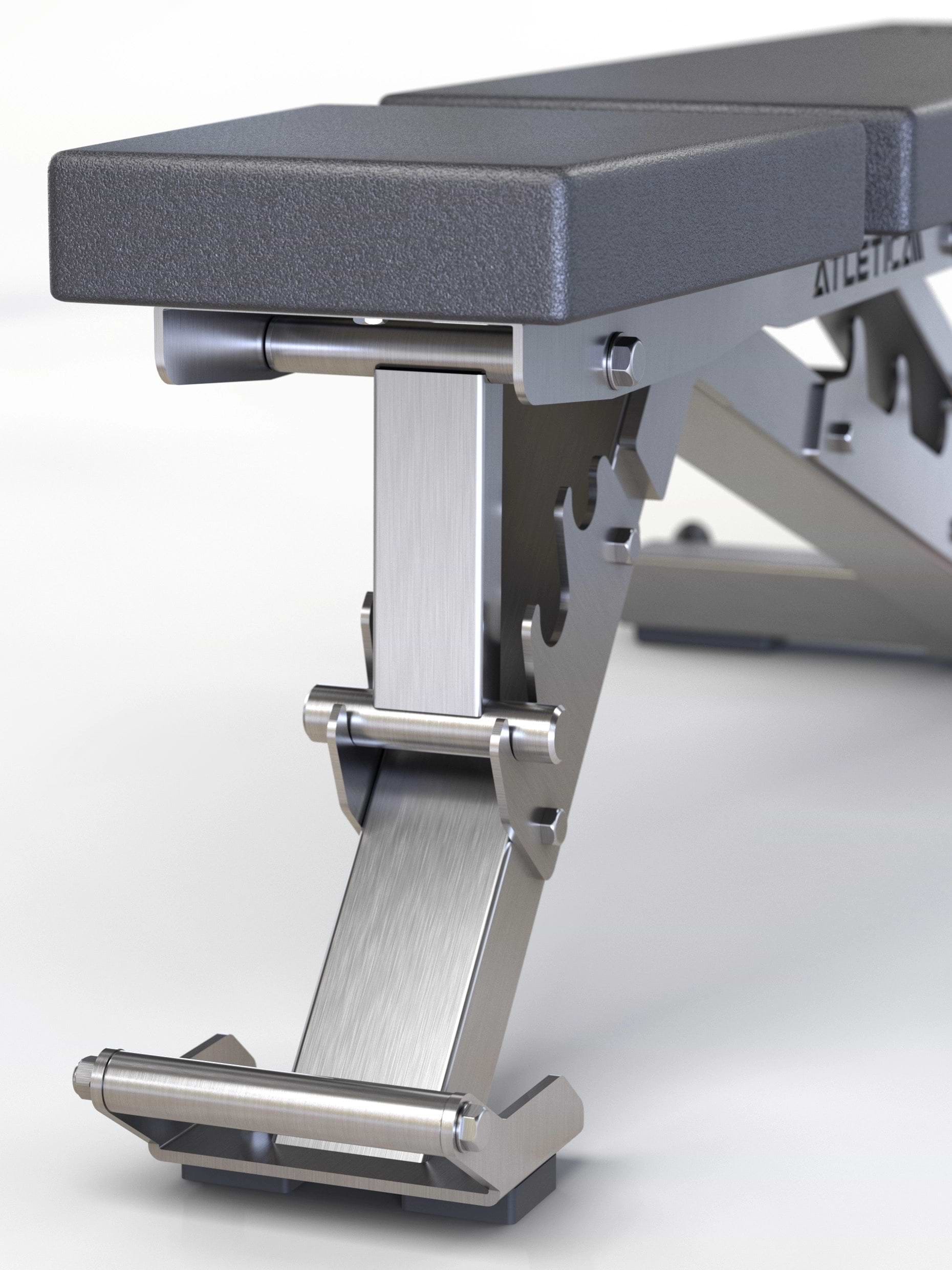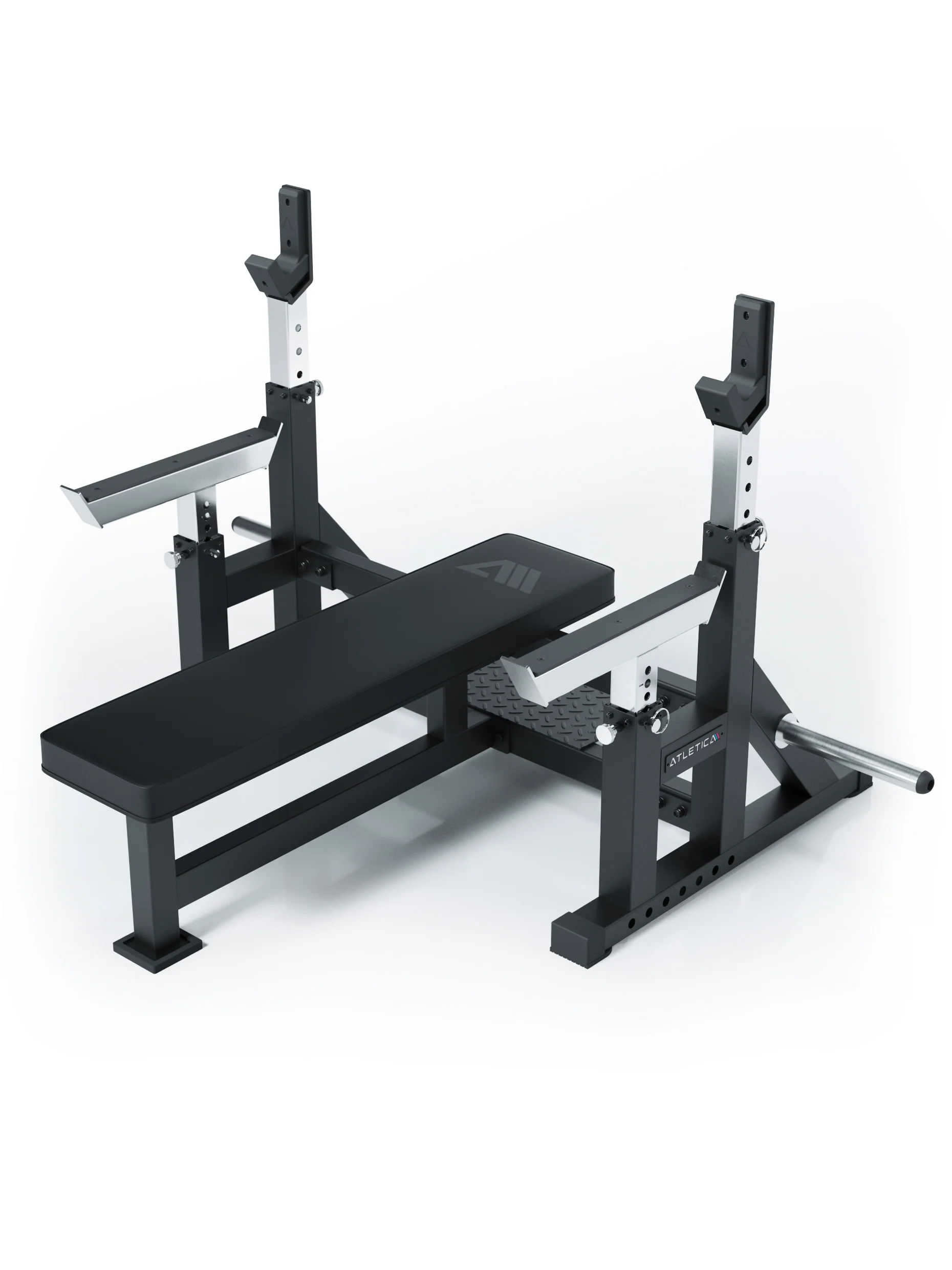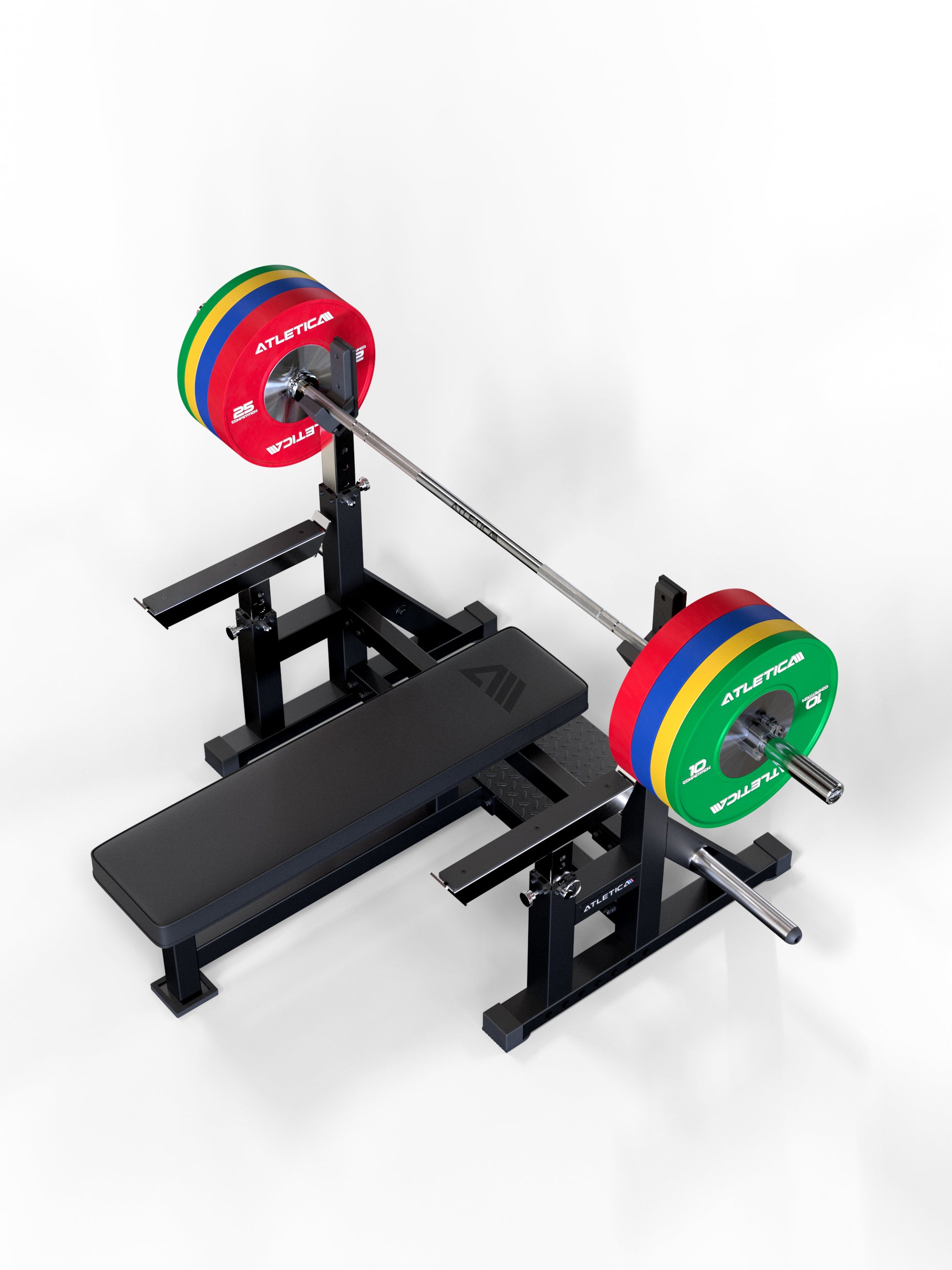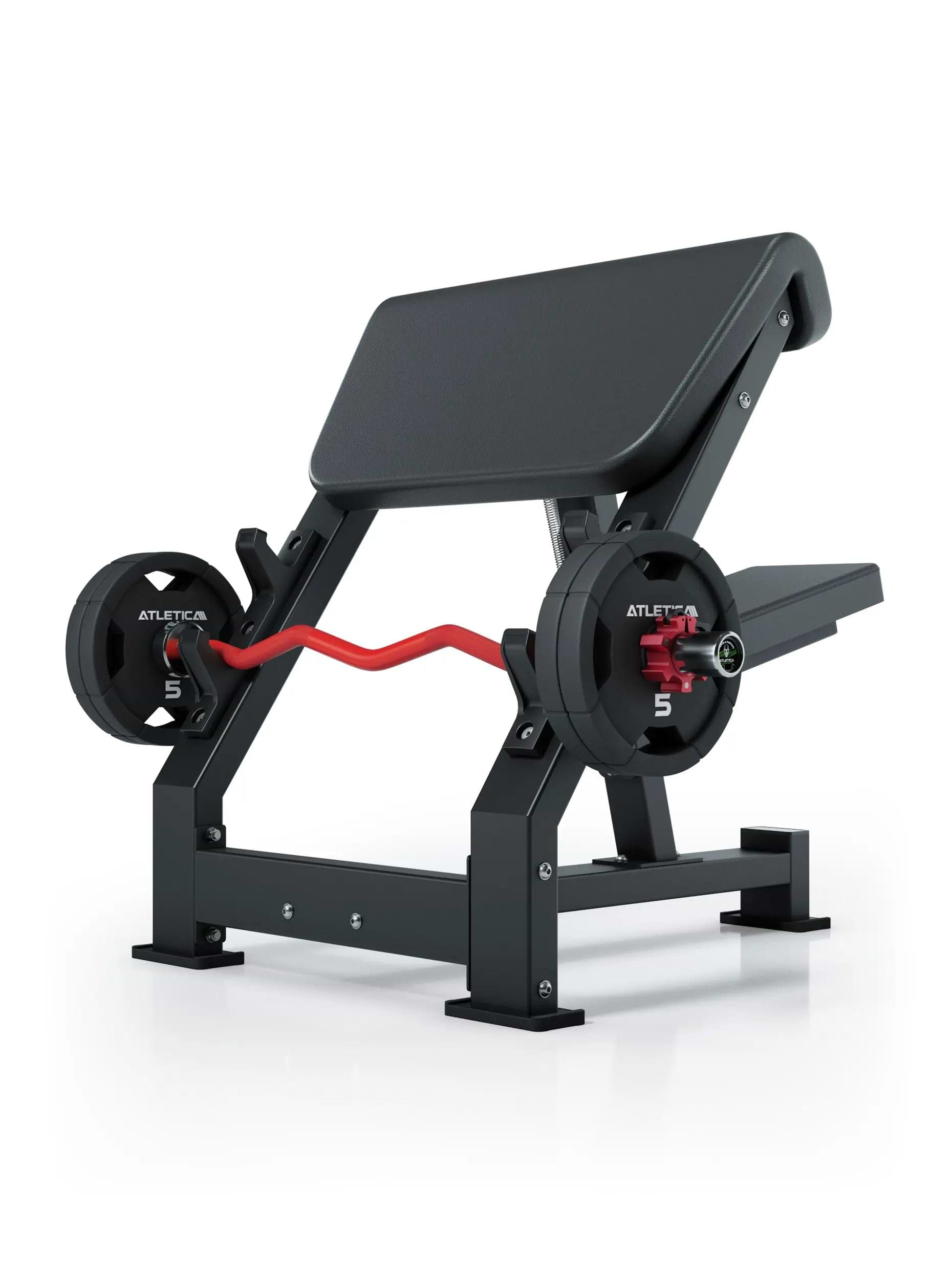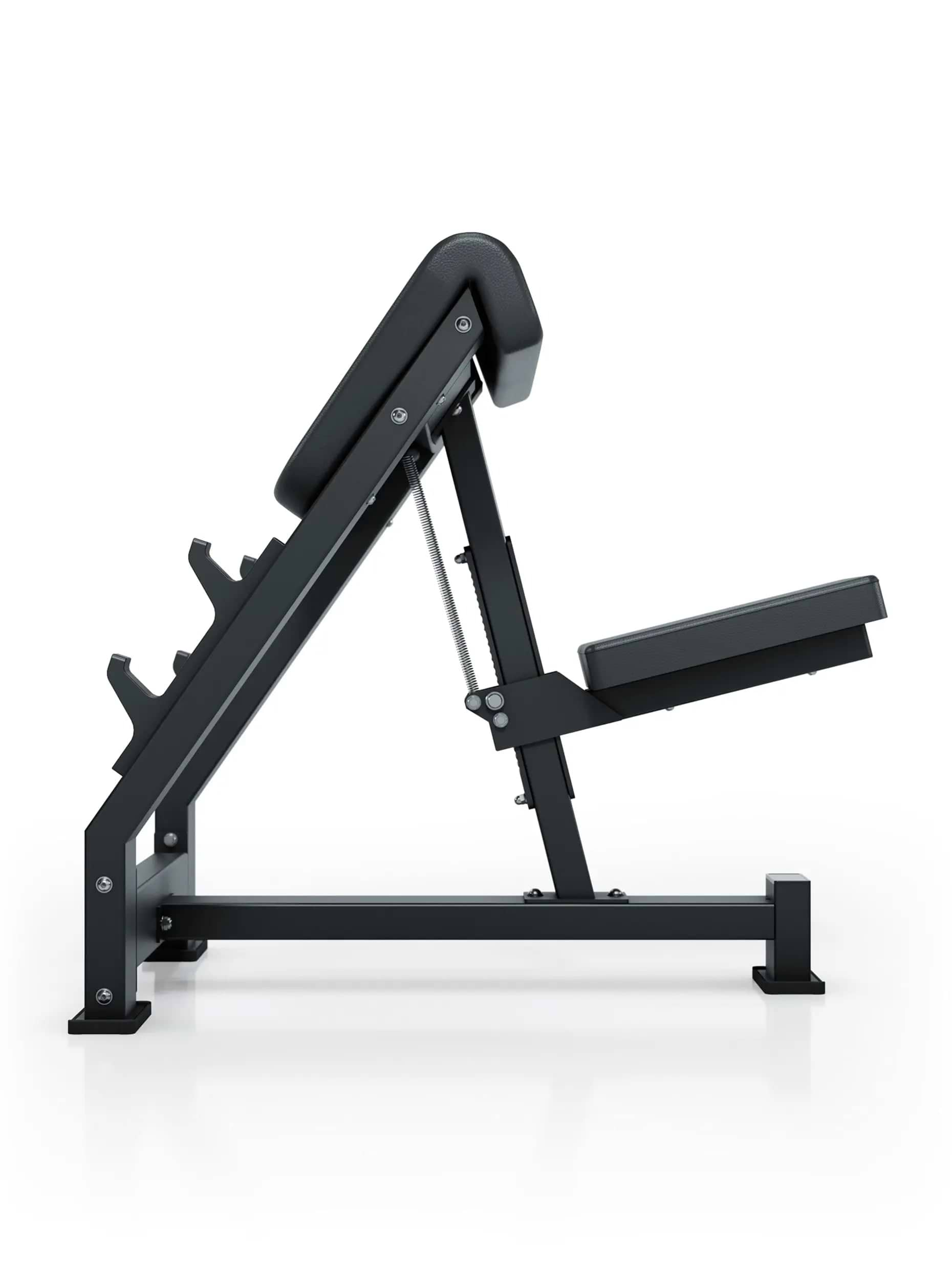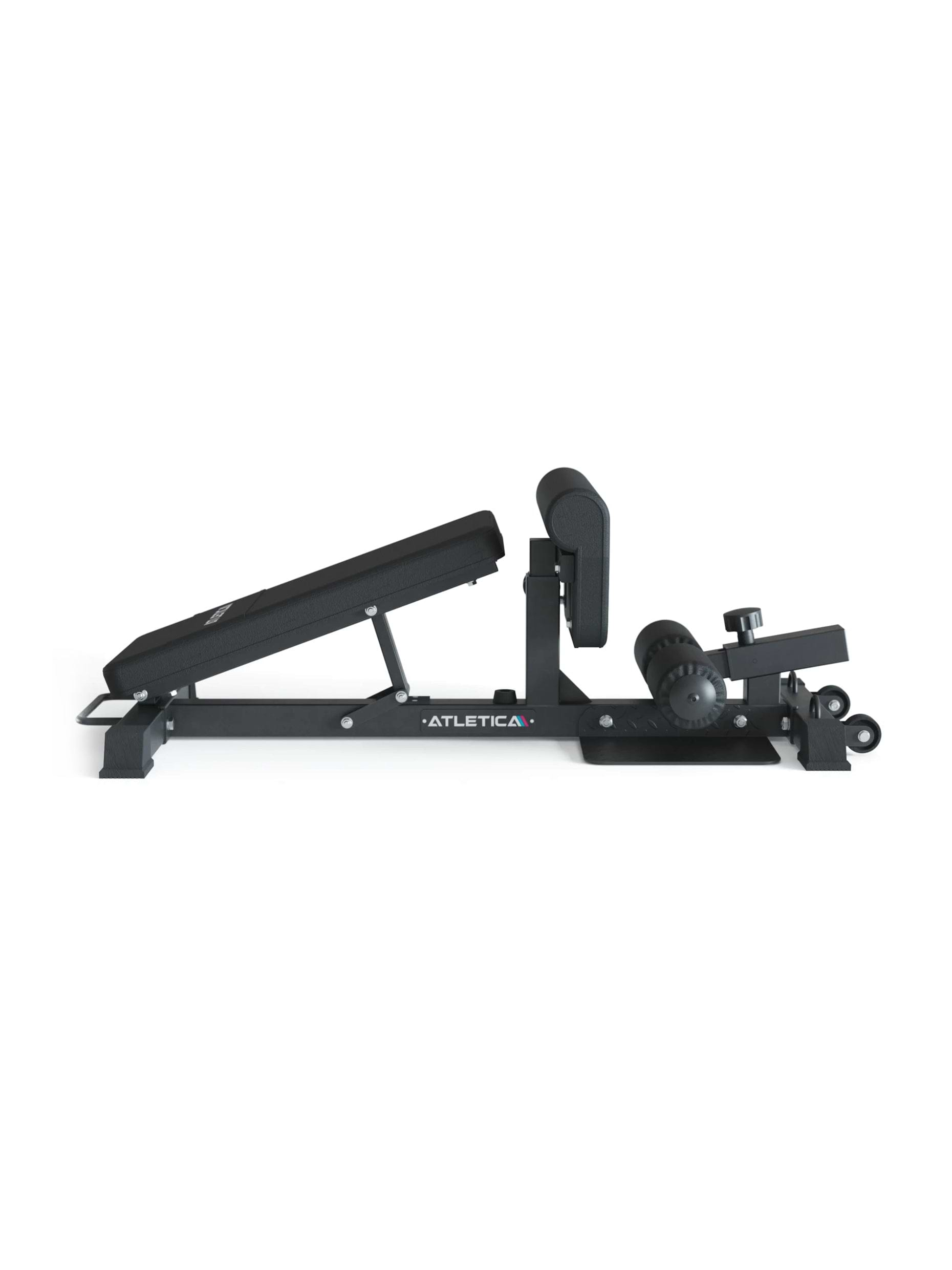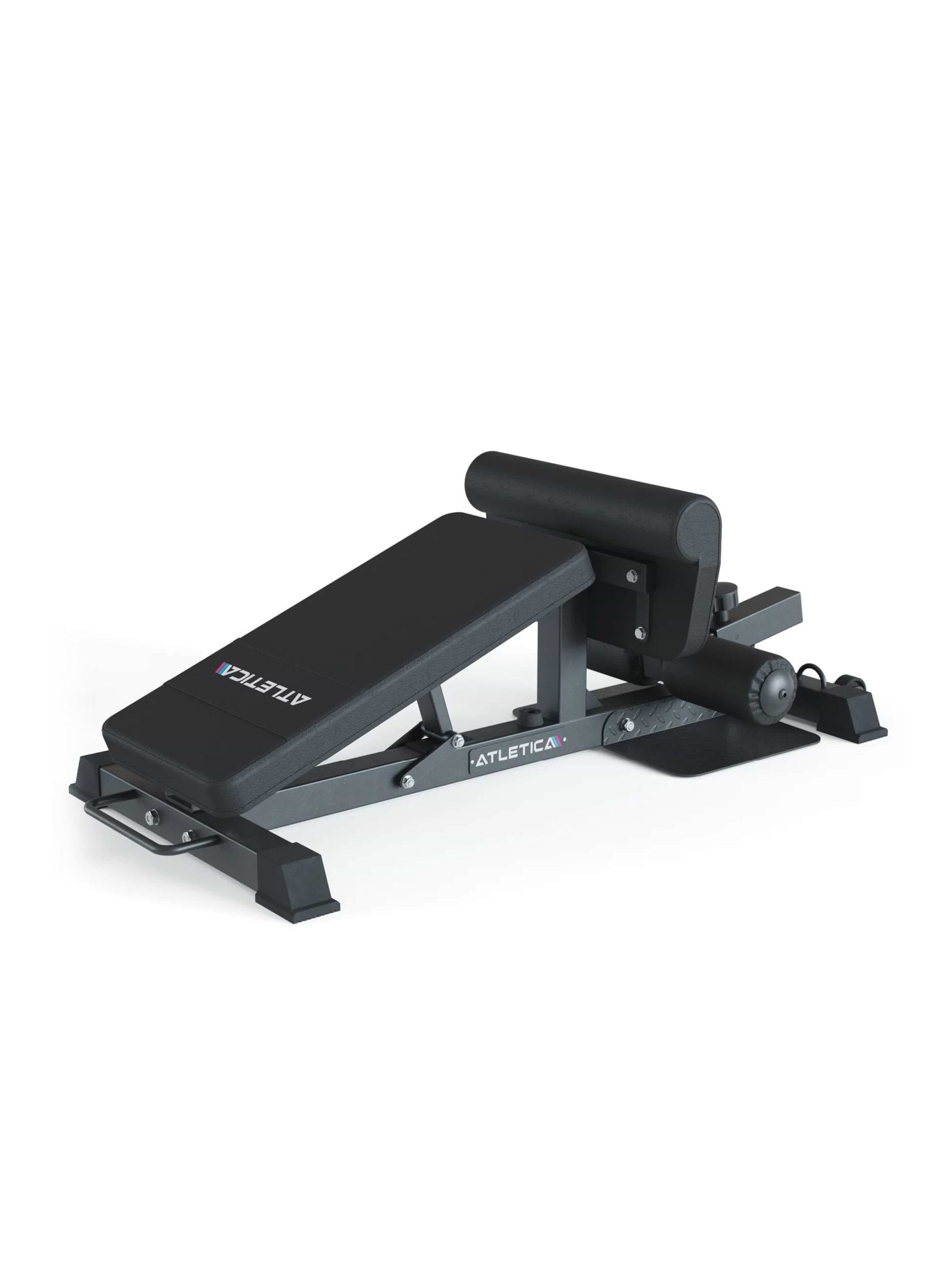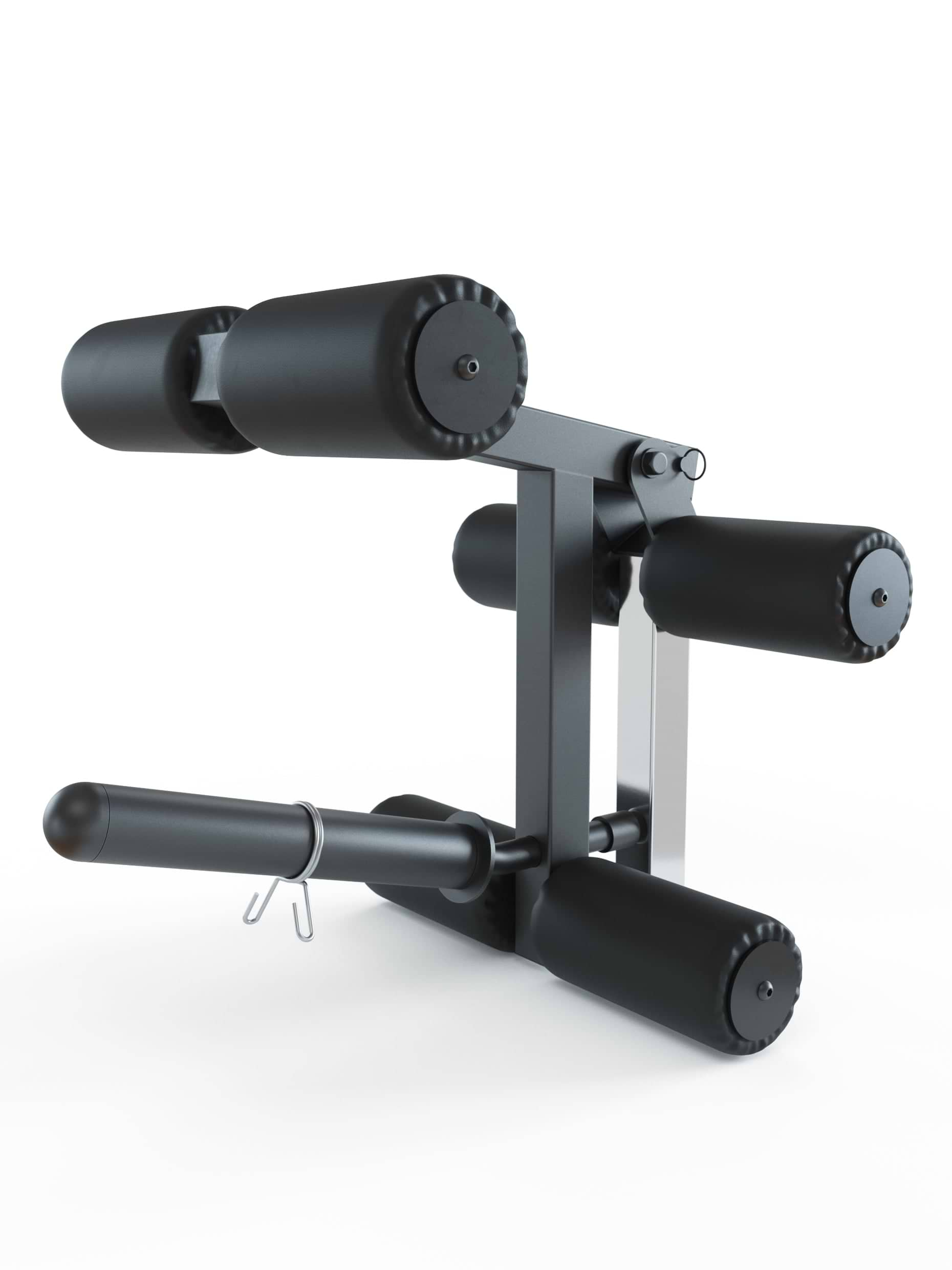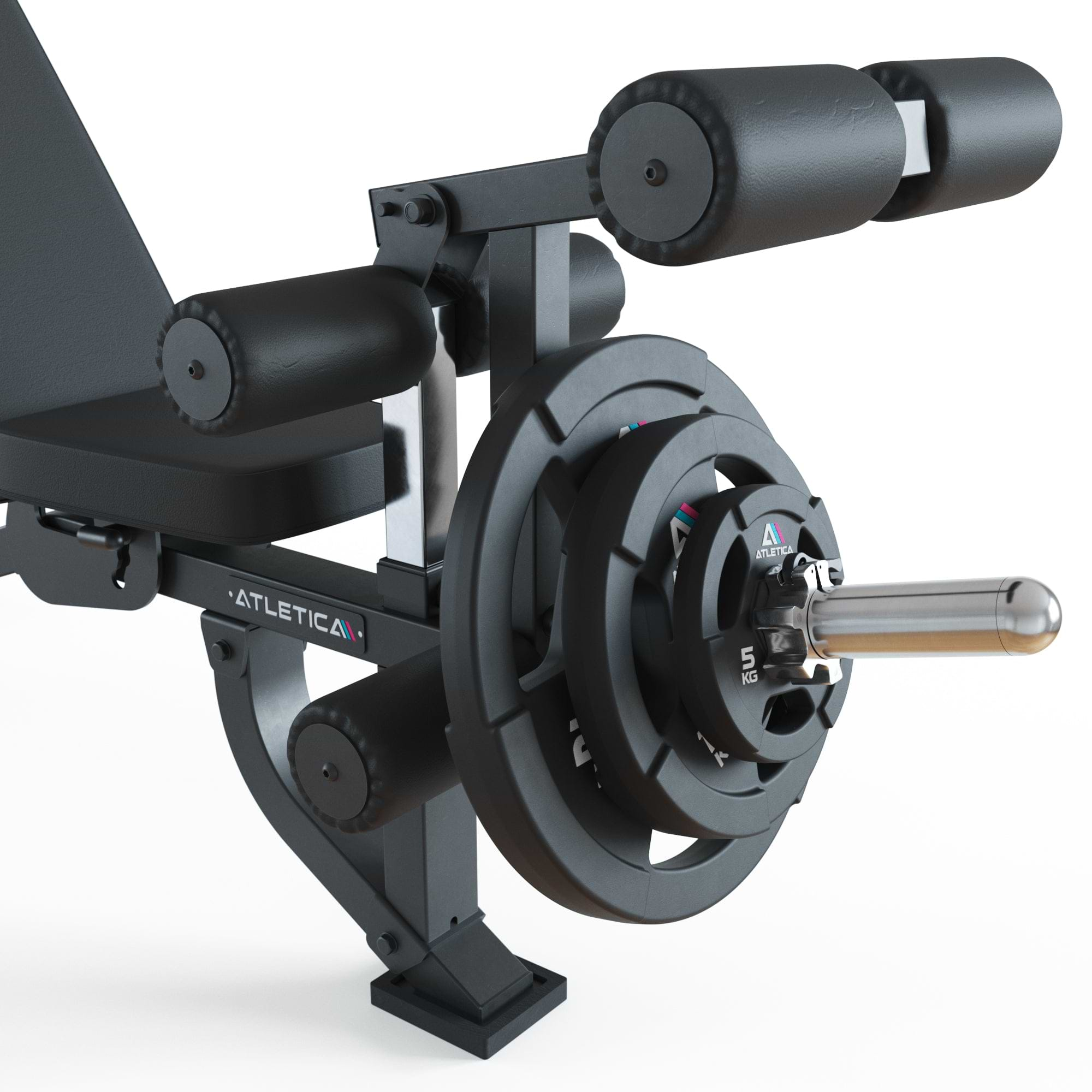Book a free 1-on-1 consultation with an expert.
Customer service is available Monday through Friday, 8 AM–4 PM.
Filters
21 products
B10 | Adjustable Weight Bench
Sale PriceFrom 649€
B2 Fullbody | Adjustable weight bench
Sale Price459€
B2 LegMaster | Weight Bench & Leg Curl
Sale Price349€
B2 | Arm Master Bench
Sale Price359€
B2 | Weight Bench
Sale Price219€
B2 Sit-Up Bench | With Leg Rollers
Sale Price269€
B4 | Adjustable Weight Bench
Sale PriceFrom 269€
B6 | Decline Weight Bench
Sale Price389€
X-Bench Weight Bench
Sale Price459€
Onyx | Stainless steel outdoor bench
Sale Price799€
B15 | Weight bench press bench
Sale Price699€
Preacher Curl I Biceps Bench
Sale Price499€
B1 Weight Bench
Sale Price199€
Sit-Up Bench
Sale Price199€
B2 | Arm Master Attachment
Sale Price139€
B2 | Leg Master Attachment
Sale Price129€
B10 Option for abdominal exercises
Sale Price103€
Got questions?
1. What types of weight benches are available?
We divide our benches into three categories:
Flat/Incline/Decline: Adjustable from -15° to 90°, versatile for decline, bench, and shoulder presses. Example: B6 Bench.
Multifunctional: Add-ons like leg extension, leg curl, or preacher curl stations expand training to arms and legs. Compact full-body option. Example: Hyperbench.
Specialty bodybuilding benches: Focused designs like the B15 Press Bench for powerlifting, the Preacher Curl Bench for arms, or the Onyx Outdoor Bench for outdoor training.
Flat/Incline/Decline: Adjustable from -15° to 90°, versatile for decline, bench, and shoulder presses. Example: B6 Bench.
Multifunctional: Add-ons like leg extension, leg curl, or preacher curl stations expand training to arms and legs. Compact full-body option. Example: Hyperbench.
Specialty bodybuilding benches: Focused designs like the B15 Press Bench for powerlifting, the Preacher Curl Bench for arms, or the Onyx Outdoor Bench for outdoor training.
2. What should I consider when buying a weight bench?
Stability and load capacity: The frame must be durable and handle heavy weight without wobbling.
Padding and comfort: Firm but supportive padding protects the spine.
Adjustability: More angles = more exercise options. Ensure easy adjustments.
Size: Measure to make sure the bench will fit your training area.
Padding and comfort: Firm but supportive padding protects the spine.
Adjustability: More angles = more exercise options. Ensure easy adjustments.
Size: Measure to make sure the bench will fit your training area.
3. What accessories do I need for my weight bench?
To train effectively, add:
Dumbbells: For isolation and compound upper-body work.
Barbell: Key for presses and overhead lifts.
Weight plates: For loading bars, dumbbells, or sit-ups.
Rack: Safe storage and bar handling for heavy training.
Dumbbells: For isolation and compound upper-body work.
Barbell: Key for presses and overhead lifts.
Weight plates: For loading bars, dumbbells, or sit-ups.
Rack: Safe storage and bar handling for heavy training.
4. Can I do ab exercises on a weight bench?
Yes. Many adjustable benches can be set at a negative angle for decline sit-ups, perfect for targeting upper abs with extra intensity.
5. How do I clean and maintain my weight bench?
Wipe after use with a damp cloth. This keeps padding fresh, hygienic, and extends the bench’s life.























































































